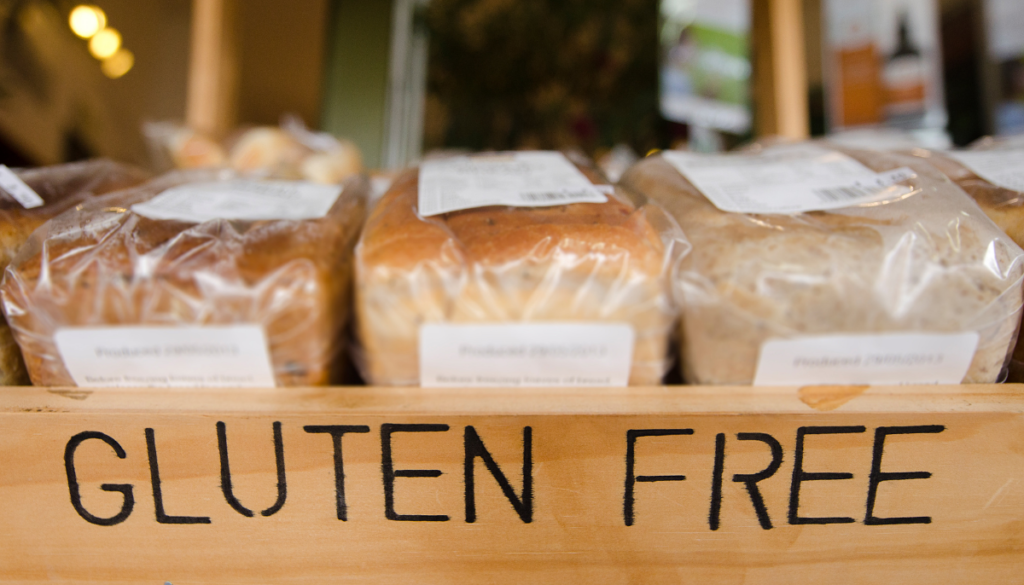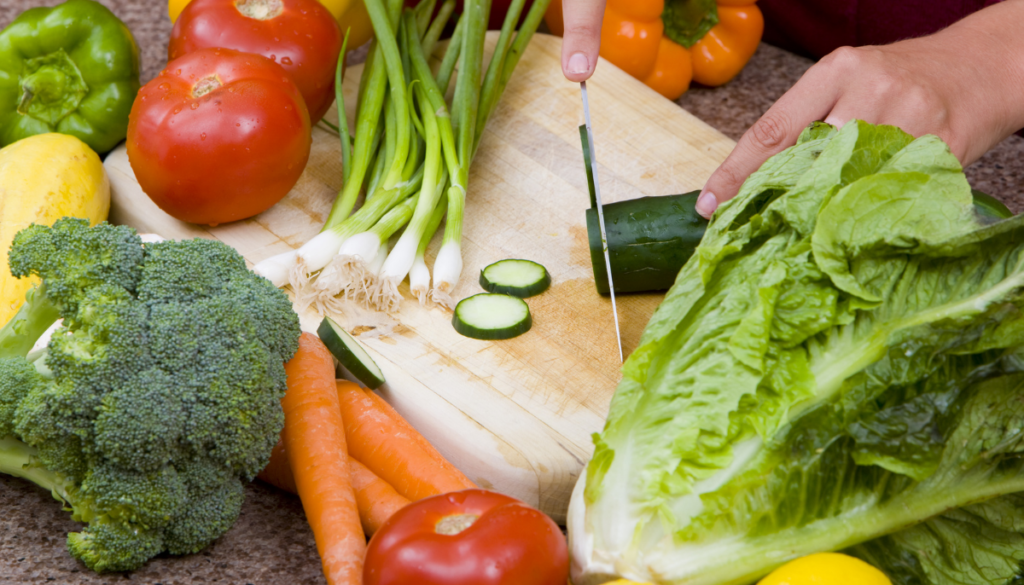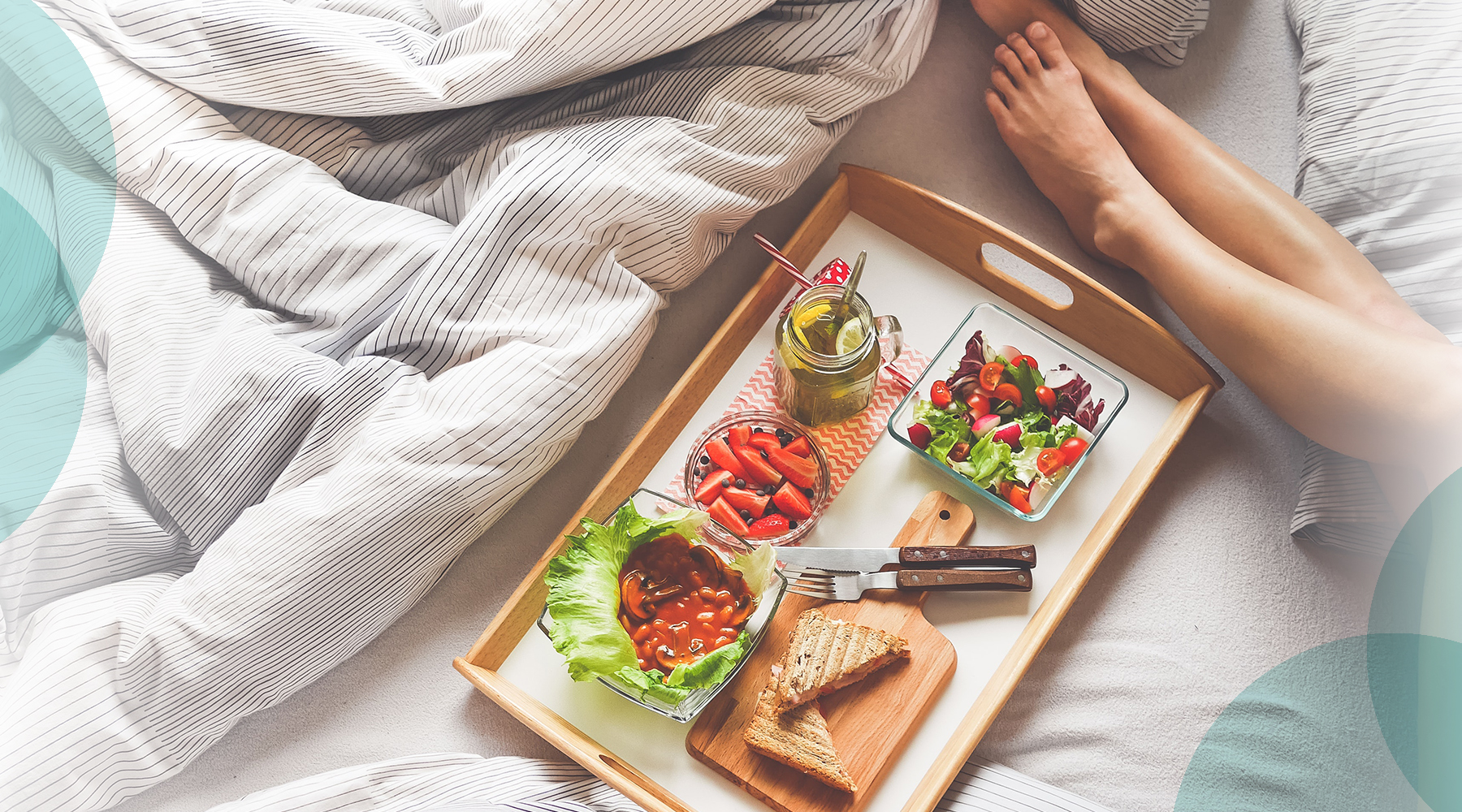Taking care of your physical and mental health is key to living a happy life. But it can sometimes feel like it’s impossible to prioritize your health above the other parts of your life, like your job, school, relationship, friends, or family. Life often gets in the way and makes it hard to put your health first, leading you down a rabbit hole of health problems.
Fortunately, small steps can make a major difference in the long term when it comes to your health and happiness. You don’t have to make huge, drastic changes to your life to start improving your health. Take a look at these 12 things you can do to feel better, starting today.
Drink Green Tea
If you’re not already a tea drinker, now is the time to start. Drinking green tea has many health benefits, many of which have been tested and proven to be beneficial for your health.
For example, one study showed that drinking green tea three times a week can help you reduce your risk of heart disease. Other research has shown that green tea may help with weight loss, stress, aging, and even brain function. Considering all the potential benefits of green tea, why not start making it a part of your routine?
For some people, the answer is because they don’t like the taste. If you’re one of those people, try adding a teaspoon of honey to your next mug of green tea and see if that makes it easier to swallow. Or, power through with the green tea on its own, knowing that you’re making a sacrifice in taste to help your health!
Adjust Your Posture

Nowadays, many people spend a good portion of the workday sitting in front of a computer – and they’re not just sitting, but slouching. Slouching can lead to not only back pain and neck pain, but it can even negatively affect your mood.
To stop the slouch, there are plenty of devices that can remind you to check your posture. However, you don’t have to use a device if that sounds uncomfortable or like something else that you’d have to keep track of. A Post-It note reminder might be enough to help you remember to check how you’re sitting.
Try this quick exercise to help you correct your posture. Firmly plant your feet on the floor. Put your hands on your thighs and your shoulders down. Then pull your shoulders back and squeeze your blades together. Hold that position for five seconds. Repeat the exercise four times daily and you’ll strengthen your back muscles and decrease the likelihood of back pain.
Consider Your Carbs
While foods that are rich in carbohydrates taste delicious, they can also negatively impact your health. Foods that are high in carbs, like potatoes, pasta, and bread, can spike blood sugar levels and leave you with less energy after you’re finished with your meal.
To combat the negative effects of foods that are carb-rich, try drizzling olive oil or vinegar over them before you start eating. Both the fat and acid in oil and vinegar can lessen the carbs’ glycemic impact. Carbs may taste great, but make sure to eat them in moderation.
Go Gluten-Free

If you’ve noticed that the carbs you’re having in bread and pasta are affecting you even when you drizzle them with olive oil or vinegar before eating them, you may want to consider going gluten-free. Many people have gluten allergies or gluten sensitivities, and both bread and pasta contain gluten protein, amongst many other foods.
A gluten-free diet has been shown to lead to a smaller waist size and to less pain for people experiencing endometriosis. People suffering from irritable bowel syndrome have also seen their symptoms improve after adopting a gluten-free diet as well.
Lower the Temperature
Believe it or not, cooler temperatures can be good for your body. I know that, personally, I’d much rather be overly warm than overly cold. But my personal preference is the exact opposite of what science has found is good for your health.
After dinner, you should lower the temperature in your home by a couple of degrees. Then you should lower it even more at bedtime, ideally to 65 degrees, according to the author of The Sleep Solution. Our bodies tend to sleep better in cooler temperatures, which means more uninterrupted (and therefore higher quality) sleep.
Eat Nutritious Salads
Romaine salads may be your go-to, but to boost your health, think about incorporating new ingredients that you normally wouldn’t’ choose into your salad. Try watercress leaves, which are high in vitamins A and C, or arugula, which can help improve your gut health. Or think about adding in mustard greens, which are packed with vitamin K.
Mixed herbs, sprouts, microgreens, cabbage, and Brussels sprouts are also all great ingredients to throw into your salad to mix it up. Of course, you don’t have to try them all at once. Just start experimenting with the ingredients that sound the best. You may be surprised by what you find delicious!
Use Sunscreen

Too many people ignore their skin’s health, but it’s never too late to start. Take the right steps to protect the delicate skin on your face and exposed skin elsewhere on your body by using sunscreen. Check the UV forecast for your area and make sure you apply your sunscreen accordingly.
Sunscreen typically lasts for a total of two hours of sun exposure, so if you’re out in the sun for longer than two hours, reapply it thoroughly. Using sunscreen can help you prevent signs of aging and prevent skin cancer as well. Remember to apply sunscreen wherever your skin will be exposed, including on your hands.
Read More: Healthy Protein-Packed Breakfast Ideas for When You’re Tired of Eggs
Get A Workout In
Exercise is key to boosting your health. The best exercise is the one that you actually do, so whichever exercise works best for you, make sure you do it – and stick to it! Whether that’s swimming, running, or lifting weights, make sure you consistently get your exercise in.
One great way to bring more exercise into your life is through biking. Biking is a low-impact workout, meaning it’s not hard on your joints. It also exercises more than just your legs, as biking helps improve your glutes and abs as well! Biking outside also allows you to reconnect with nature, which also gives your health an extra boost.
Prepare More Fruits and Veggies

Everyone knows that eating fruits and vegetables is key to living a healthy lifestyle. However, it’s easier said than done. I know that I always have the best intentions when it comes to eating more produce, but my good intentions don’t always turn into actions.
That’s why prepping your fruits and veggies is helpful – it makes it so much easier to actually eat them! If you cut up a quick veggie snack at night that you don’t have to assemble when you pack your lunch in the morning, choosing veggies becomes as easy as popping open the lid on a Pringles can.
Cut up some carrots and store them in a small container, or slice up some strawberries for your morning yogurt. Eat the veggies that taste good to you, but try to include a variety. It’s so much easier to chow down on fruit and veggies when you know that they don’t require any preparation!
Declutter Your Space
Research has found that a cluttered space can actually have a negative impact on your mental health. Messy environments have been linked to both stress and anxiety.
Don’t let too much stuff affect the way you live your life or your health. Take time regularly to declutter your space. Whether your office is messier than you would like it to be or your entire house needs to be organized, tackle your clutter problem, however big or small it may be, one day at a time.
Read More: Spring Clean Your Closet and Your Mindset
Rinse Canned Beans Before You Eat Them
Beans are a great source of protein, but if you regularly toss a can of beans into your taco salad or serve them on the plate next to your burger, you should start adding a new step in before you chow down.
Straining your beans, then rinsing them for 10 seconds, will remove about 40% of the sodium they contain. The same is true for canned vegetables, like green beans or peas. Eating beans and legumes is extremely beneficial for your health, and research has found that it is the single common dietary factor for people who live the longest.
Calm Your Mind

Living in 2022 can be exhausting. With so much around to distract us, and so many problems in the world that we’re aware of because of the 24-hour news cycle, it’s difficult (if not impossible) to stay centered and calm.
Luckily, there are great resources available for people who have a lot of stress in their lives and who need help managing it all. Apps like Calm, Headspace, UCLA Mindful, and Mindfulness Meditations all can help you find peace and comfort even in difficult times. Managing your stress is key to living a healthy life, so make sure you don’t ignore this important area of your health!
Read More: Our Favorite Healthy Snack Ideas












